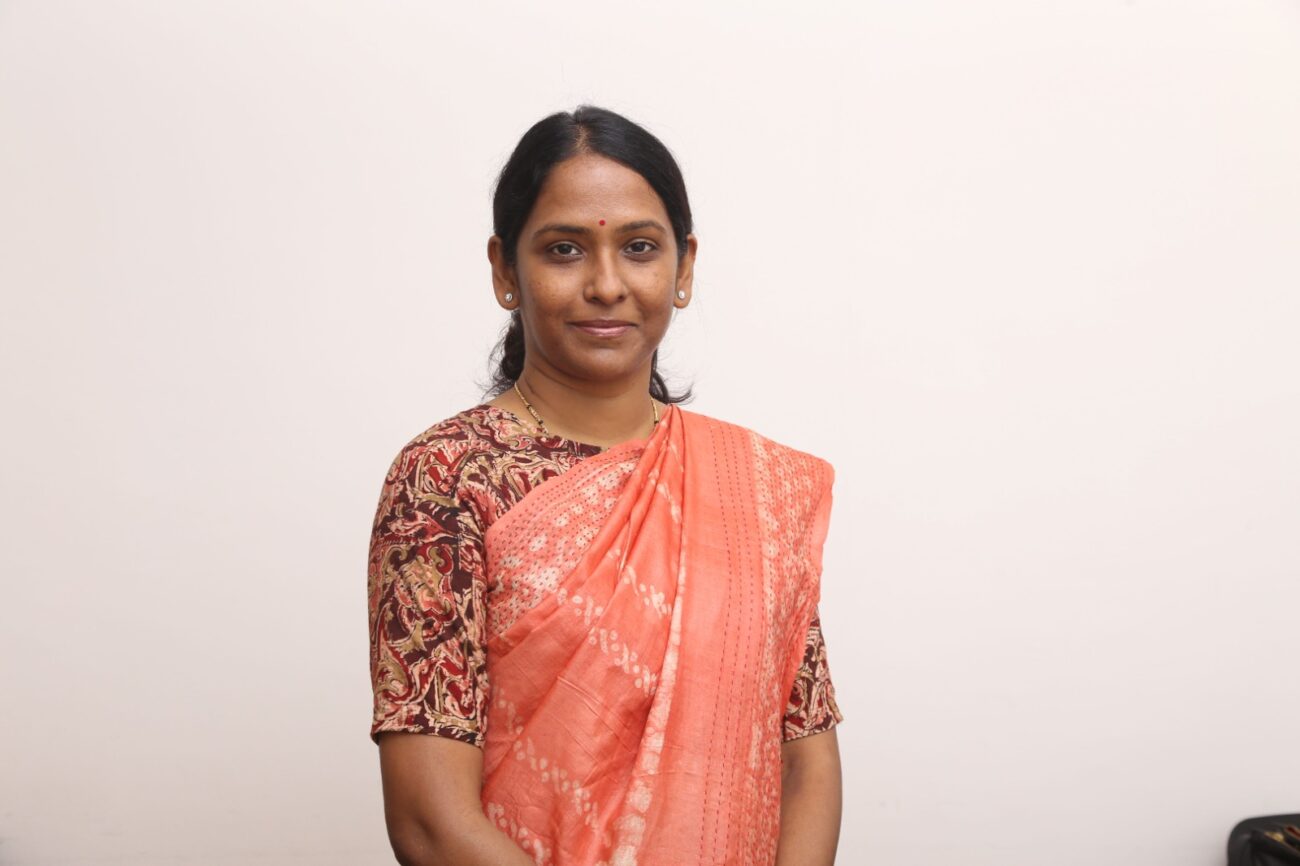Should children receive Respiratory vaccines during and Post COVID?
Dr. Leenatha Reddy N, Consultant – Paediatrics and Neonatology, Kinder Women’s Hospital and Fertility Centre, Bengaluru The outbreak of COVID-19 pandemic brought with it an uncalled-for fear and uncertainty while causing severe illness in people, irrespective


Dr. Leenatha Reddy N, Consultant – Paediatrics and Neonatology, Kinder Women’s Hospital and Fertility Centre, Bengaluru
The outbreak of COVID-19 pandemic brought with it an uncalled-for fear and uncertainty while causing severe illness in people, irrespective of age and gender. Interestingly, compared to the
adults, in general, children have been less affected by severe COVID-19 disease. When compared to children who do not have health conditions, children with asthma or chronic lung disease,
congenital heart disease, diabetes, and obesity have been found to be at a higher risk of Covid-19. It is, thus, the duty of the parents to keep their little ones healthy and protect them from
lower respiratory tract infections including pneumonia during this difficult time.
Complications associated with COVID 19 infection in children has been shown in studies to be common in recurrent wheezers, asthmatics, type DM, newborns with ventilation history-
chronic lung disease or BPD, immunodeficiency, Hemato oncological disorders, and so on. Person-to-person contact spreads the bacteria, which can cause infections such as pneumonia,
blood infections, and bacterial meningitis. Every year, millions of people worldwide are impacted by pneumonia, a severe lung infection, although it is treatable.
Pneumonia
The pneumococcal conjugate vaccine (PCV13) and the pneumococcal polysaccharide vaccine (PPSV23) protect against bacterial pneumococcal infections. Children younger than two years
are at a higher risk of developing such infections. These vaccines prove to be very effective in preventing severe disease and hospitalisation. The 13-valent pneumococcal conjugate vaccine
was added to our country's national vaccination schedule in November 2011, consisting of a primary course of three doses administered in the second, fourth, and sixth months, with a
booster shot in the twelfth as a fourth dose.
According to the WHO, the pneumococcal vaccine does not protect against COVID-19, but it does protect against secondary infections caused by factors during the course of COVID-19.
Researchers have also discovered that children who received a seasonal flu shot are less likely to suffer COVID-19 symptoms.
Influenza
Influenza is a common disease that results in annual epidemics that cause medical, social, and economic issues. Even in the absence of underlying chronic diseases, children under the age of
five can contract the flu. It has symptoms and clinical manifestations similar to COVID – 19. The need to protect neonates and infants from influenza during the first six months of life is
critical and many health authorities have recommended influenza vaccinations for pregnant women. The available influenza vaccines, according to experts, can significantly reduce the risk
of contracting influenza in healthy or immunocompromised subjects of any age. Vaccination against influenza reduces the subsequent burden of infection by some bacterial pathogens,
hospitalizations, and antibiotic prescriptions for influenza complications in children and adolescents. It is also discovered that COVID- 19 positive children who received the influenza
vaccine had a lower risk of experiencing symptoms, respiratory problems, or severe disease.
Pertussis
There has also been an increase in Pertussis, a gram-negative coccobacillus that causes whooping and persistent cough in neonates, school aged children and adolescents. The majority
of health authorities recommend 2–3 aP vaccine doses in the first year of life, followed by booster doses at preschool age, during adolescence, and then every 10 years during adulthood.
Seasonal influenza and pneumococcal vaccination may offer some protection against symptomatic COVID-19 diseases. Patients in mixed population cohort were less likely to
develop symptomatic and severe infections if they had received seasonal influenza vaccination and pneumococcal vaccines. Therefore, during the COVID-19 pandemic both influenza and the
pneumococcal vaccinations were strongly recommended in order to protect the vulnerable groups of population.
Based on observations, apart from health disparities, the higher incidence of COVID-19 in minority populations reflect their low influenza-pneumococcal vaccination rate. It is essential
that children are vaccinated to protect them from complications. A few other measures that can be taken to protect children from contracting Covid 19 infection are-
- Children above 2 years should be encouraged to wear masks in public.
- Avoid overly populated public parks and spaces.
- Children should be taught how to wash their hands with soap and handwash properly.
- Breastfeeding mothers should wash their hands before every feed.
Understanding the relationship and coexistence of other viruses alongside COVID-19, as well as the paediatric patient's vaccination status, may aid in the implementation of the best strategies. In case your child develops any Covid 19 symptoms quarantine and seek help from a doctor immediately.






